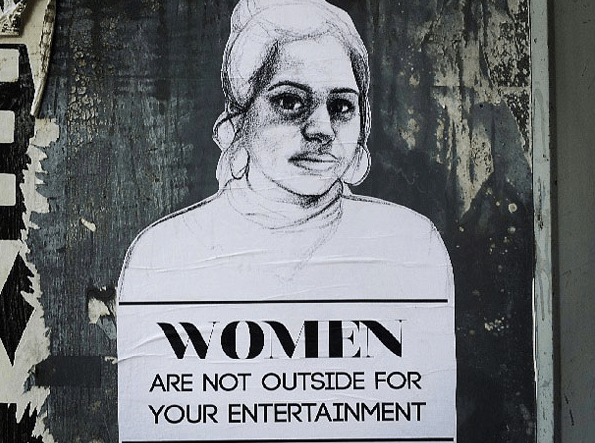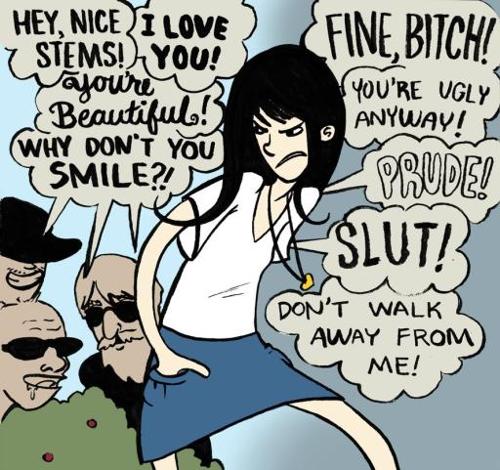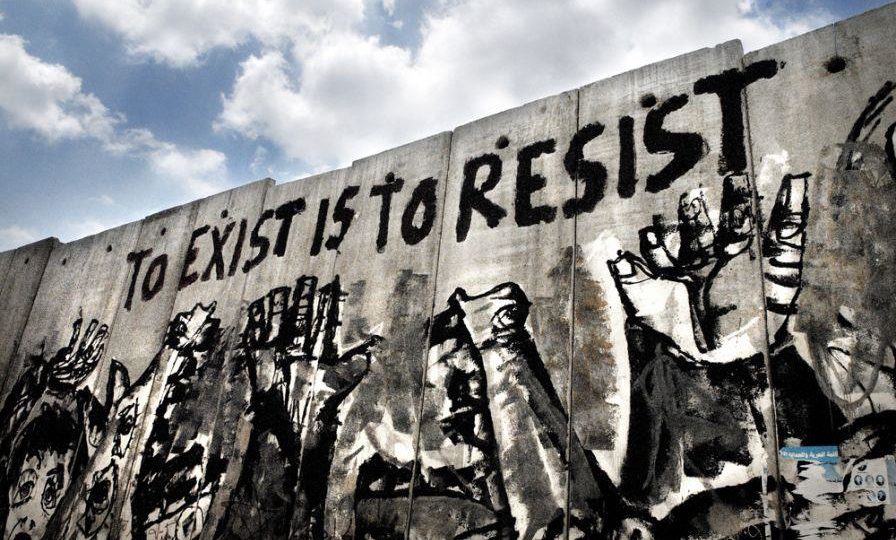Disclaimer: This article contains content that may not be appropriate for minors
Lately, I’ve seen many social media posts by women making a permutation of the same general status:
“Today, a man called me beautiful instead of yelling something crass from across the street. I’m grateful he was polite and not rude. This is the proper way to approach/compliment a woman.”

Initially, I too felt happy that some men had begun to learn how to behave better, but the more I considered the meaning of catcalling, I realized nothing has changed.
Just because he uses the words “beautiful” or “gorgeous” doesn’t mean he isn’t catcalling. The words he uses don’t change the fact that he feels he has the authority, the power, the responsibility to comment on your appearance.

I wonder if this is a misconception stemming from the presentation of catcalling, and its problems. Yes, it’s gross when a creep yells “nice ass” as he drives by. Of course, it’s disgusting when a man yells at you to smile and makes kissy noises at you from across the street. It’s ATROCIOUS when those men drunkenly whistle at you and your friends as you’re walking home for the night. But the words themselves do not dictate whether or not he’s catcalling you; the fact that he said anything at all does.
Perhaps people are right; maybe catcalling less awful when a man says “pardon me,” or “you’re stunning” or other less crass things. However, the root issue remains: the unsolicited feedback regarding your physical appearance. Women are always-already sexual objects in the male gaze, and this objectification manifests in many ways, including these vocalizations. As women, we are (unfairly) placed into two categories: fuckable and unfuckable. Men, crassly or gracefully, verbalize these thoughts as we walk by them, clenching our keys in the classic Wolverine fashion.

Honestly, it feels like as women, we are giving men a way out! Sure, you can say things at me on the street as long as you speak at a certain volume and choose certain words. Don’t let men off that easily! Don’t let them encroach on your body with a higher level of vocabulary and charming demeanor! THEY’RE STILL CATCALLING. I’ve always got a loud “fuck off” in my back pocket for these occasions, but this isn’t always the safest option.
Even the men who say “gorgeous” and “stunning” can become violent in the case of rejection or evasion. I’ve heard many stories from my women friends about creepy men accosting them to compliment them “politely,” and then following them for blocks down the street, sometimes even to their homes.
The danger remains for victims of street harassment even if the man speaks softly, dresses nicely, uses less crass language and isn’t drunk. The dangers of this misogynistic, authoritarian ideology threaten women in public places; men surveil, police and prey upon women’s bodies.

Think critically about why that handsome man in a tuxedo felt the “need” to approach you and “compliment” your body. While protesting these instances is not always possible or safe, we can decolonize ourselves and each other by examining these interactions and recognizing exploitation and manipulation of women.
The idea of “decolonizing our minds” comes from writings of the author, feminist and social activist bell hooks. She encourages us to critically examine every thought and action, free ourselves from the coercive ideologies, and overcome the impacts of structural oppression. This bimonthly column will analyze spaces and times where and when we can pause and make strides in this arduous process, and also highlight figures who are helping us to decolonize ourselves.



